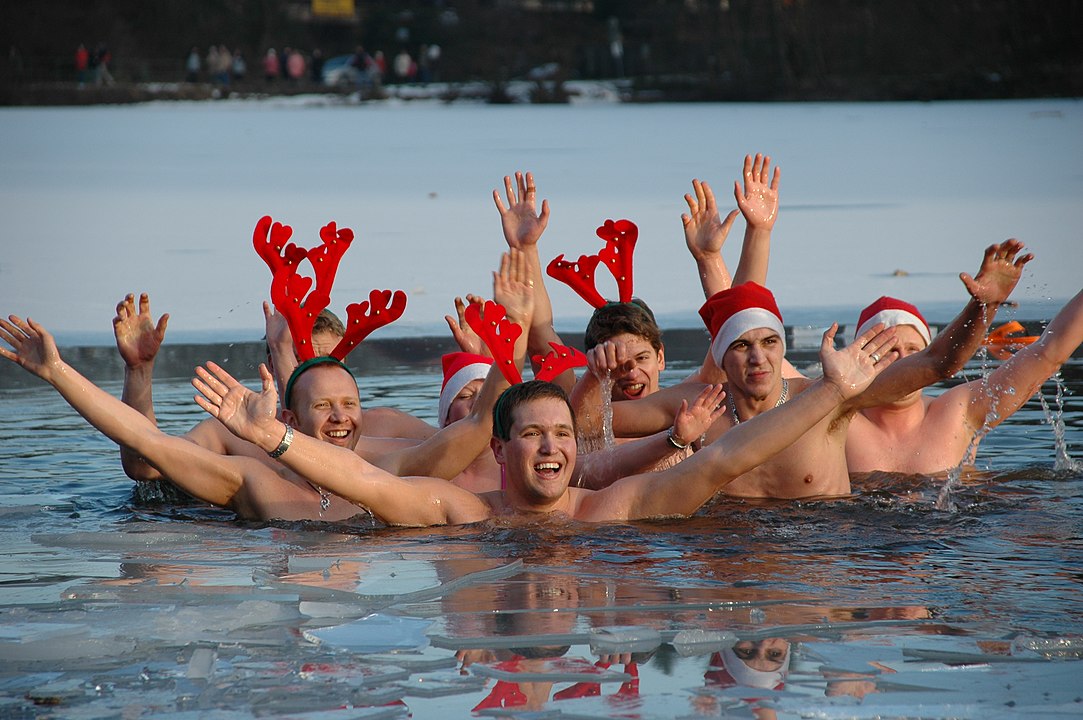Swedish scientists have conducted an experiment in which they have found that one in five people on Earth carries a mutation in their genome that makes them better able to manage body heat.
Human Gene Mutation
The human species comes from hot Africa. Nevertheless, it has spread throughout the world, where it must face significantly colder conditions in many places. There are mutations in the human genome that are associated with increased resistance to cold. One such mutation was recently studied by physiologist Håkan Westerblad of the Swedish Karolinska Institute.

Swedish researchers have found that about a fifth of the human population carries a mutation in their genome that prevents the production of the α-actinin-3 protein, which is part of muscle fibers and plays a role mainly in skeletal muscle. When a person lacks this protein, his body tends to generate energy to warm up by contracting muscles, not the usual tremors.
Volunteers in Cold Water
Westerblad and his colleagues are convinced that people with this mutation, i.e., without the α-actinin-3 protein, manage body heat better. As a result, they appear to be significantly more resistant to cold. The researchers verified this with an experiment involving a total of 42 men.

The researchers placed the volunteers in 14 °C water, leaving them for 20 minutes at a time, followed by a ten-minute break. The experiment lasted for two hours. The researchers measured the volunteers’ body temperature during the experiment.
It was shown that people with the mentioned mutation, i.e., without the α-actinin-3 protein, maintained a body temperature above 35.5 °C in cold water in 69 percent of cases, while in people without this mutation it was only in 30 percent of cases.
The team also found that carriers of the mutation are more prone to developing obesity and type 2 diabetes, provided they are not active enough.
Source: https://www.sciencealert.com/1-in-5-of-us-have-a-genetic-mutation-that-makes-us-more-resilient-to-the-cold
Featured image: By Lewispugh – Own work, CC BY-SA 3.0, https://commons.wikimedia.org/w/index.php?curid=18378879




